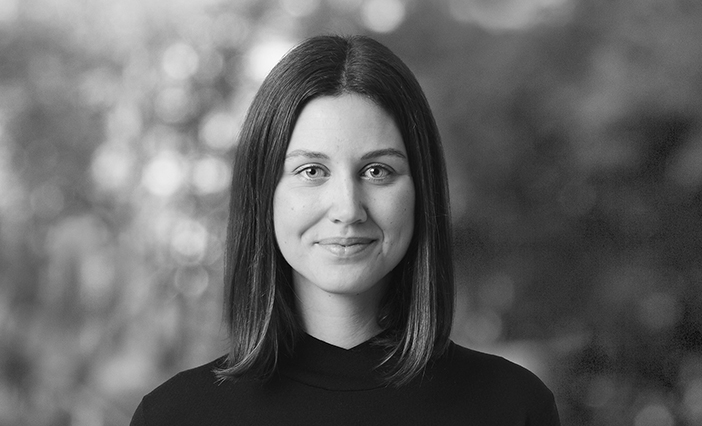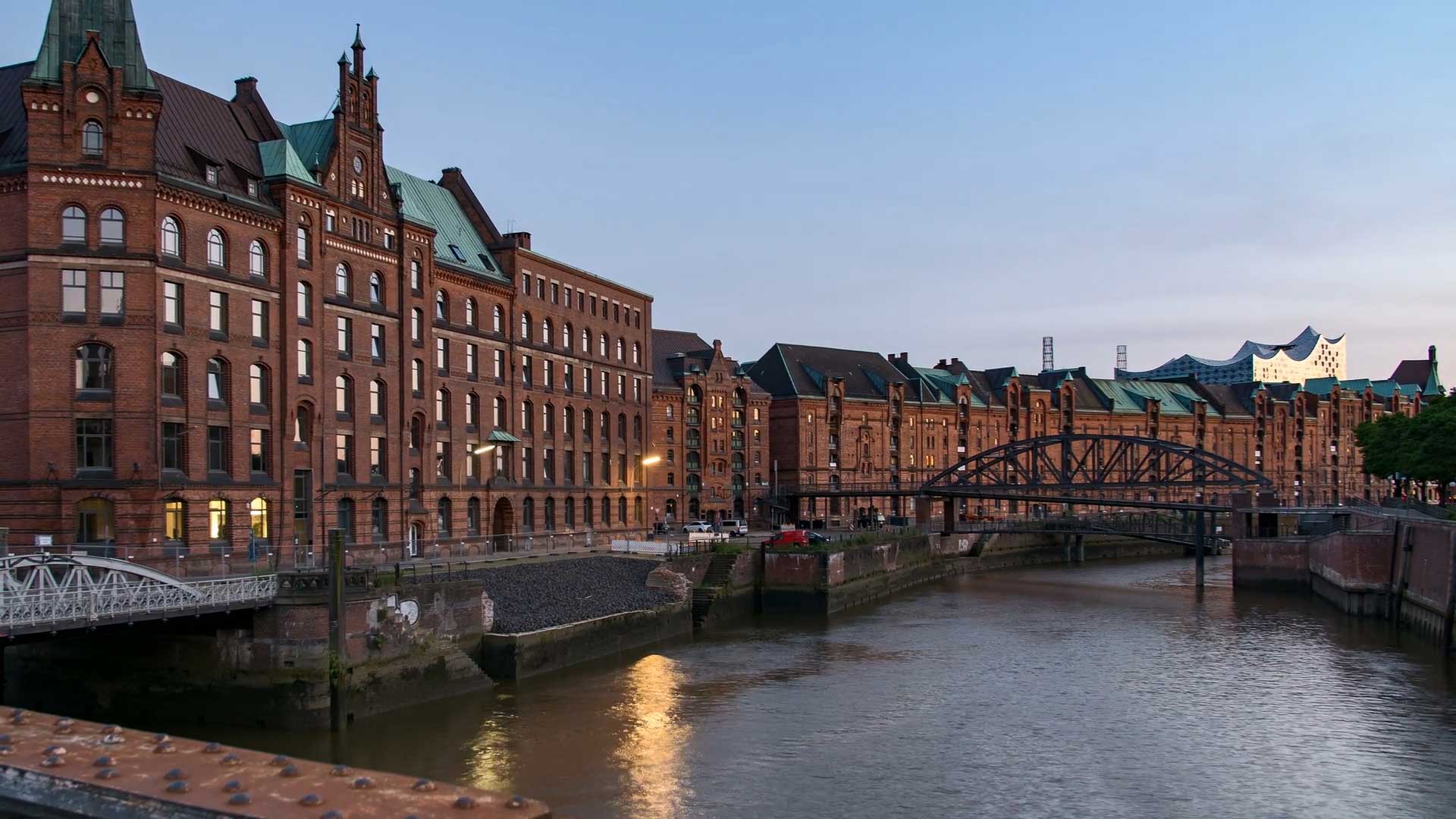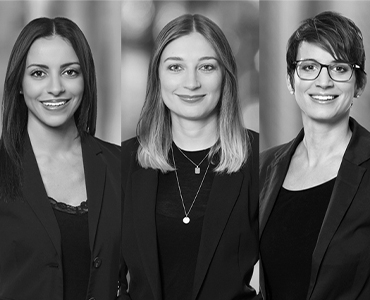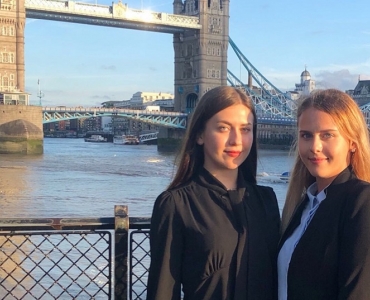
Louisa Maier-Witt is an associate in our Antitrust team in Hamburg. She tells us why she decided to join White & Case and how her "high expectations" have been justified.
"I grew up in Hamburg and then studied in Goettingen and Frankfurt, which is also where I started my career in public procurement law," explains Louisa. "I wanted to move back to Hamburg, but it was also important to me that my next firm would be international, as I wanted to work with non-German clients too."
Her research led her to White & Case and she recalls the recruitment process: "After a meeting with the hiring partners, I had a conversation with the partners from the Antitrust team, and finally I met other associates over lunch. What really struck me was how open and friendly everyone is, and there was no sense of competitiveness between the associates."
A two-way recruitment process
She adds that it was clear that it was a two-way process in terms of fit: "When you join White & Case, you're joining a global firm with offices around the globe. But you're also joining a small, tight-knit team. There are about 20 associates in the Hamburg office and we all get along well and are genuine friends. So it's important for the rest of the team that anyone who is joining will really fit in."
Louisa had high expectations about working in an international firm. "Many firms call themselves international, but it's not really the case. But I can say that from day one, I have worked with a team that spans Europe and for clients who are all around the world."
Of course, the nature of antitrust work often spans national boundaries: "Within Europe, EU law is our go-to, although there are often local laws to take into account too." Since joining the Firm, she has picked up a few new intercultural skills: "We adapt depending on the client that we are communicating with. For example, small talk and jokes are not part of every work culture: but for others, it's important."
The work of an Antitrust lawyer
So what exactly does an Antitrust lawyer do? Louisa says, "One part of what we do is merger control. So if a company wants to take over another one, we advise on any potential issues. This often includes filing the transaction with the local or European competition authority so that they can judge if the merger would limit effective competition."
Getting into the detail of what a business does is part of the job that Louisa enjoys: "What I like about this area of law is that it involves economics too; from really understanding how a market works to the fine detail of how products are manufactured and how they differ from a competitor's."
“What really struck me was how open and friendly everyone is”
Louisa also appreciates the fact that she is working in an area that has a wider benefit too, "Ultimately, a potential cartel is bad for consumers and for society, so it's good to feel that I am playing a part in ensuring that there is healthy competition."
Although the work is varied and busy, she points out that antitrust law allows lawyers to plan ahead and have control over their workload. "There are fixed deadlines to file with competition authorities, for example. So we know in advance that we have a certain amount of time to finalize and submit our filing and we can schedule our work."
She believes that it's an area of law with a bright future. "The more connected and digitally powered the world gets, the more important antitrust law becomes."
Natural curiosity: A key skill
What skills does Louisa think are especially important for an Antitrust lawyer? "I definitely think that you have to be naturally curious. We need to learn a lot—whether that's about aviation processes or a pharmaceutical product—in a short period of time. You really need to understand a product or service to identify the fine differences between markets that might appear the same."
Speaking to us during the coronavirus pandemic, Louisa says that technology and workplace tools make for effective remote working. "Most of our clients are in other countries and I work with the EMEA-wide Antitrust team, so we are all used to working via conference or video calls."
She speculates that the experience of widespread working from home may change the way that we work in the future: "I think that there's no doubt that it can be done and we can work effectively in this way." At the same time, she's looking forward to seeing her team again. "They are friends as well as colleagues, so it will be great when we can work and socialize safely again!"





